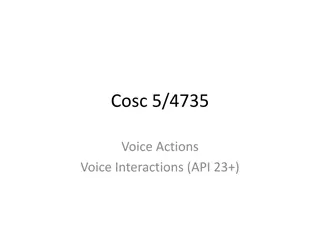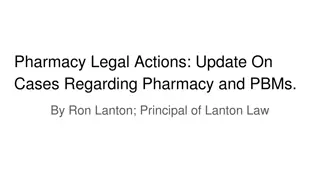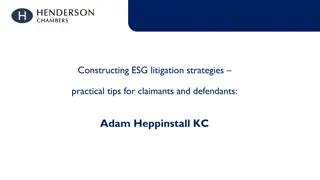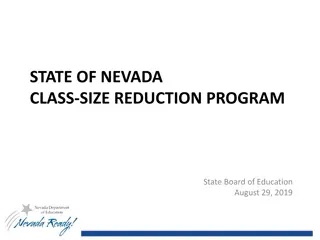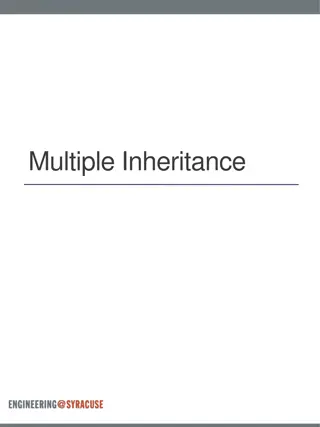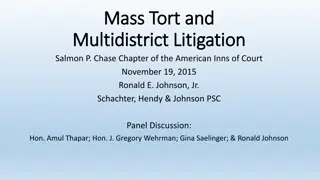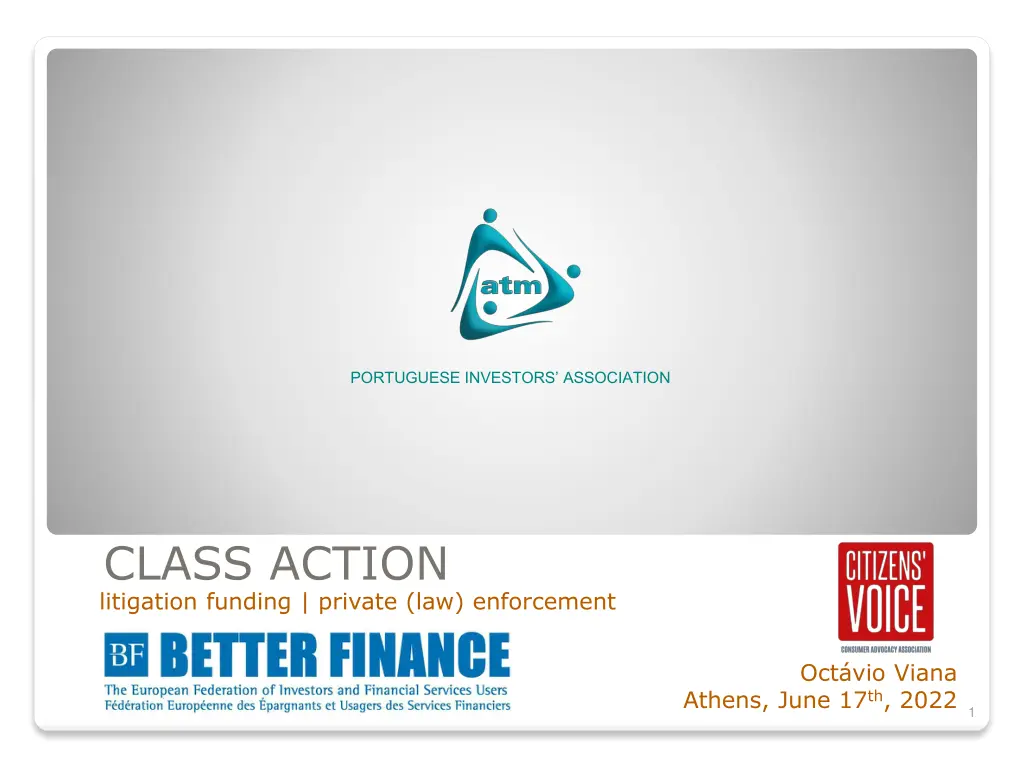
Portuguese Investors Association Class Actions and Litigation Funding
"Learn about the Portuguese Investors Association's involvement in class actions, litigation funding, and private law enforcement. Explore the significance of class actions in protecting consumers' interests and the historical origins of actio popularis. Discover insights on the Collective Redress Directive and the impact on European Union collective litigation lawsuits. Dive into Portugal's opt-out model for class actions and its constitutional right to pursue legal actions since 1995."
Download Presentation

Please find below an Image/Link to download the presentation.
The content on the website is provided AS IS for your information and personal use only. It may not be sold, licensed, or shared on other websites without obtaining consent from the author. If you encounter any issues during the download, it is possible that the publisher has removed the file from their server.
You are allowed to download the files provided on this website for personal or commercial use, subject to the condition that they are used lawfully. All files are the property of their respective owners.
The content on the website is provided AS IS for your information and personal use only. It may not be sold, licensed, or shared on other websites without obtaining consent from the author.
E N D
Presentation Transcript
PORTUGUESE INVESTORS ASSOCIATION CLASS ACTION litigation funding | private (law) enforcement Oct vio Viana Athens, June 17th, 2022 1
1. CLASS ACTIONS 2. LITIGATION FUNDING 3. PRIVATE (LAW) ENFORCEMENT CLASS ACTION litigation funding | private (law) enforcement Oct vio Viana Athens, June 17th, 2022 2
CLASS ACTIONS The class actions are an efficient mechanism for the pursuit of consumers' interests, when these are violated on a large scale and in cases where the injured parties are unlikely to defend themselves judicially and individually. In many cases, the class action lawsuit is the only realistic option for victim protection and reparation. 3
CLASS ACTIONS From a historic point of view ACTIO POPULARIS The actio popularis, with origins in Roman law, aimed to defend a popular interest with a public character, generally for the protection of things, such as, for example actions to: prevent people from taking dangerous animals to the populations (de aedilitio edicto et redhibitione et quanti minoris); or throwing objects and waste from the house into the street (effusis et deiectis); or violating the material integrity of religious res such as the violation of graves (actio sepulchro violato); demand who consciously altered the praetor's edictum exposed to the public (a actio de albo corrupto). 4
CLASS ACTIONS The Collective Redress Directive, is a small step to harmonize the enourmous number of collective litigation lawsuits in the European Union and to achieve a better protected against domestic and cross-border 'mass harm.' But the Diretive has many problems. But the the main problem is that the Directive doesn t really impose any positive harmonization. It allows Member States to continue to have whatever national system they want. It imposes negative harmonization certain limits, and it requires the right of an entity based in one Member States of using the collective redress mechanisms of other Member States. 5
CLASS ACTIONS In Portugal, one of the European Union countries whose right of class action is a constitutional right and has been provided for in its domestic legal system since 1995, therefore one of the oldest in the modern legal system, the model adopted is the opt-out. As the Romans had already conceived, this type of lawsuit can be launched on the initiative of any member of the community of holders of the interests in question, with a view to both the public interest and the interest of the community. From an ideological point of view, the objective is to protect collective values and the universal hegemony of peoples. 6
OPT-OUT or OPT-IN 7
CLASS ACTIONS It s important to evaluate whether the opt-out or opt-in is the best solution. There are many factors to consider, from the practical to legal issues, including a financial decision. In our experience, so far, we consider the opt-out model to be the one that best defends the interests of consumers in class actions where their rights have been violated on a large scale. In any case, we argue that it should be up to the plaintiffs to decide the model they want to adopt when proposing the class action; if opt-in or opt-out. 8
LITIGATION FUNDING 9
LITIGATION FUNDING Third-party litigation funding consists of financing the costs of litigation in favour of one of the parties to the lawsuit by a third party, in return for a portion of the gains from the lawsuit. Third-party litigation funding is important as a way of accessing justice and combating financial and economic asymmetry between large companies and consumers. The public interest behind the third-party litigation funding is explicit in the article 47 of The Charter of Fundamental Rights of the European Union. 10
PRIVATE (LAW) ENFORCEMENT 11
PRIVATE ENFORCEMENT Class actions can be considered a form of private enforcement and an effective way to replace lethargic and inefficient public enforcement. However, private enforcement has a major challenge, which is the calculation and proof of the damages. These difficulties are already recognized in lawsuits related to certain harmful conduct. In these cases, some mechanisms already exist that allow overcoming these challenges, now it is necessary to extend these mechanisms to all other situations and not only to competition law issues. 12
PORTUGUESE INVESTORS ASSOCIATION ANY QUESTIONS? CLASS ACTION litigation funding | private (law) enforcement Oct vio Viana Athens, June 17th, 2022 13















